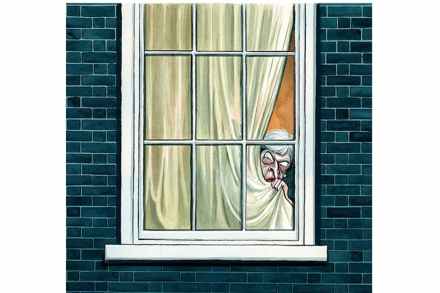MacMillan’s #MeToo minefield
Kenneth MacMillan’s Mayerling is a #MeToo minefield. Crown Prince Rudolf of Austria-Hungary is a serial seducer, a man of many mistresses, a grabber of princesses. Were he alive and kissing today, he’d check himself into an Arizona rehab clinic. In 1889, it was laudanum and a loaded pistol. Rudolf ought to be tormented, driven by ennui and the oppression of the imperial court to darker and darker thrills. Ryoichi Hirano, who opens the Royal Ballet’s 2018/19 season as the Crown Prince, is not dark enough. It is his debut as Rudolf and his performance is studied and contained. Hirano is handsome, tall, Apollonian. He was electrifying in MacMillan’s Elite Syncopations




















